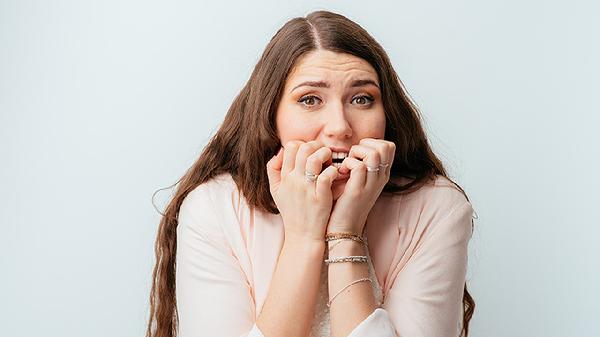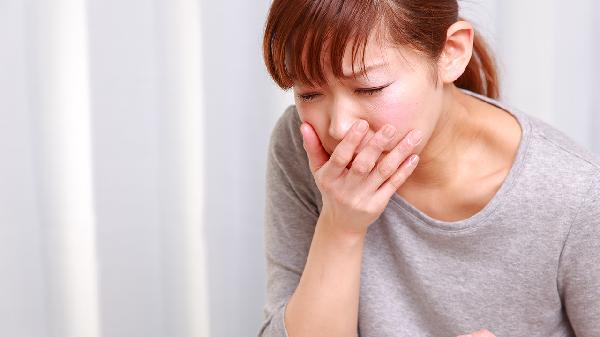Winter can be a mixed bag—some folks thrive on the cozy vibes and holiday cheer, while others feel like they’ve been hit with a seasonal funk that just won’t quit. If you’re in the latter camp, you’re not alone. Seasonal affective disorder (SAD) is a real thing, and it’s more than just the "winter blues." The shorter days and lack of sunlight can mess with your mood, energy levels, and even your sleep. And since sunlight is a major source of vitamin D, it’s no surprise that some people wonder if popping a vitamin D supplement could be the magic fix for seasonal depression. But does it actually work? Let’s break it down.
The Science Behind Vitamin D and Mood
Vitamin D isn’t just about strong bones—it plays a role in brain function too. Research suggests that low levels of vitamin D might be linked to depression, though it’s not entirely clear whether it’s a cause or just a correlation. A study published in the FASEB Journal found that vitamin D helps activate serotonin, the brain’s feel-good chemical. Another study in the Journal of Affective Disorders showed that high doses of vitamin D improved depressive symptoms in people who were already deficient. So, in theory, boosting your vitamin D intake during the darker months could help lift your mood. But before you start chugging supplements, there’s more to consider.
Why Vitamin D Alone Isn’t a Cure-All
While vitamin D might give your mood a nudge in the right direction, experts agree that it’s not a standalone treatment for SAD. "Vitamin D can be part of the puzzle, but it’s not the whole picture," says Dr. Anisha Patel-Dunn, a psychiatrist at LifeStance Health. "If you’re feeling off—like you’re not enjoying things you used to or you’re just dragging through the day—it’s important to talk to a professional." Plus, supplements aren’t regulated by the FDA, so quality can vary. Always check with your doctor before adding anything new to your routine.
Other Ways to Fight Seasonal Depression
If you’re dealing with SAD, vitamin D might help, but it’s not the only tool in your arsenal. Here are some other science-backed ways to keep your mood steady when the days get shorter.
Get Moving—Even When You Don’t Feel Like It
Exercise is a natural mood booster, and it doesn’t have to be intense. A brisk walk in the morning light can do wonders. "Sunlight exposure, especially early in the day, helps regulate your circadian rhythm," says Dr. Michel Mennesson, a psychiatrist at Yale. "Even 30 minutes outside can make a difference." If it’s too cold, try indoor workouts near a window or invest in a light therapy lamp.
Light Therapy: A Game-Changer for Some
Speaking of light therapy, it’s one of the most effective treatments for SAD. These special lamps mimic natural sunlight, helping to reset your internal clock and boost serotonin. "Light therapy can be incredibly effective, but it’s not without side effects," Dr. Mennesson notes. "Some people experience irritability or even manic-like symptoms, so it’s best to use it under professional guidance."
Prioritize Sleep (But Not Too Much)
When it’s dark all the time, it’s easy to oversleep—but that can actually make SAD worse. Stick to a consistent sleep schedule, aiming for 7-9 hours. If you’re struggling to wake up, try an alarm clock that simulates sunrise, gradually filling your room with light to ease you into the day.
Connect With Others (Even If You’d Rather Hibernate)
Winter can make you want to curl up under a blanket and disappear until spring, but isolation can worsen depression. Make an effort to stay social, whether it’s virtual hangouts or low-key meetups. "Social support is huge for mental health," says Dr. Patel-Dunn. "Even small interactions can help you feel less alone."
Eat Mood-Boosting Foods
Your diet plays a role in how you feel, too. Foods rich in omega-3s (like salmon and walnuts), complex carbs (like sweet potatoes and oats), and yes—vitamin D (like fortified milk and eggs)—can help stabilize your mood. Avoid loading up on sugar and processed foods, which can lead to energy crashes.
When to Seek Professional Help
If you’ve tried lifestyle changes and still feel stuck, don’t hesitate to reach out to a therapist or doctor. SAD is a form of depression, and sometimes talk therapy or medication is the best route. "There’s no shame in asking for help," Dr. Patel-Dunn emphasizes. "The sooner you address it, the better you’ll feel."
So, does vitamin D help with seasonal depression? It might give you a slight edge, but it’s not a cure. The real key is a combination of sunlight, movement, good sleep, social connection, and professional support when needed. Winter doesn’t have to be a slog—with the right strategies, you can make it through (and maybe even enjoy it a little).
























